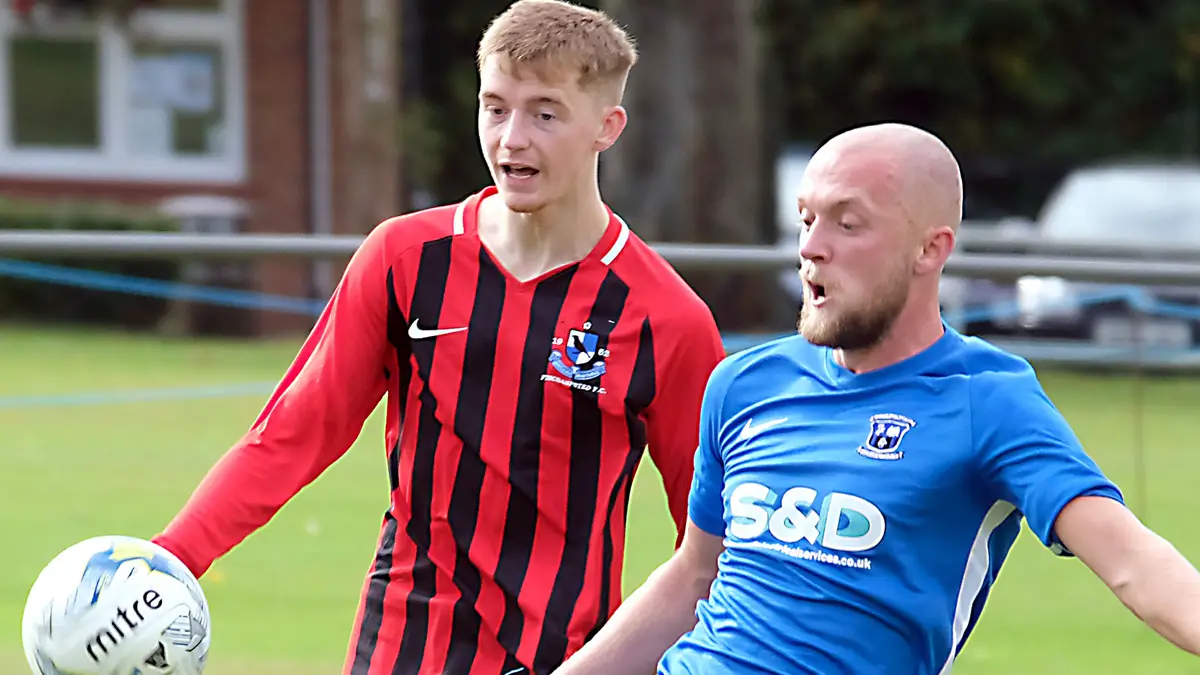When I started out watching non-league football, it was every week, home and away watching Bracknell Town in the Isthmian League Division 3 (or occasionally 2). That would roughly be step 4 in today’s Football Pyramid.
Back then in the 1990s, the Isthmian had four divisions (Premier, 1, 2, 3), making a climb up the pyramid significantly harder than other areas of the country.
As time went on and reorganisations happened, the leagues levelled out across the country and you started to see regular promotions from step 5 (Combined Counties League, Hellenic League) where I am not entirely sure they were regular occurances before.
That meant of course as well, relegation. That seemed like an abyss to me at the time, not least because you had to win the step 5 league outright to go back up. Marlow managed it at the first attempt in 2012/13 and Wantage Town has done it several times. But to your average Bracknell fan in the 2000s, that seemed like something beyond us if we did go down.
Related: How the English Football Pyramid system works – step by step
Inevitably, relegation to step 5 did happen at the end of the 2009/10 season (not to mention step 6 and Division 1 East in 2013), but instead of being a black hole or an abyss, it was a breath of fresh air from the ultra competitiveness of the Isthmian.
Matches were still tough, but the level allowed you to have a team made up of players that lived or worked locally, suddenly the club house was buzzing again. And I think it’s all of that, that happened off the pitch that gave me a wider appreciation of non-league football. Suddenly the match wasn’t the be all and end all, it was the community.
All of this, 276 words later, leads me to my point.
The news that the Thames Valley Premier League at step 7 is going to try and finish its season, with an extension allowed until June (I believe the non-pyramid East Berks Football League is hoping to follow suit), could be a real PR coup for the competition and its clubs – opening it up to a raft of live football-thirsty supporters.
It’s a shrewd move by the competition and the clubs that voted for it to continue in my view and could drive some significant interest to the competition and its clubs. There are two things in the TVPL’s favour here I think:
- We don’t really know if there will be any competitive action other than friendlies between clubs from the National League South down to the Hellenic Division One’s and equivalent Combined Counties League Division One (although both have announced intentions to have some sort of competition)
- Most TVPL matches take place on public open spaces – so, depending on lockdown rules and adherence to social distancing, it might be possible for supporters to watch on
Either way, I hope it’s something the clubs will be able to take advantage of, they’ll have a bit of time in the limelight with little competition for attention, so time to dust off the merchandise, investigate matchday digital ticket donations, spruce up the social media account and spring clean the fixture list on the website.
100 Berkshire Football Icons
As we’re nearly 10 years old, we’d like to create a big list of a hundred Berkshire football icons who’ve made an impact on and off the pitch over the last 10 years.
Upcoming fixtures
Sunday 11th January 2026
Football in Berkshire has a Breaking News WhatsApp Channel where we’ll send you updates on all the latest football news from the Royal County. You can join Breaking Berkshire Football News by clicking here.
- Read more stories like this: Thames Valley Premier League




